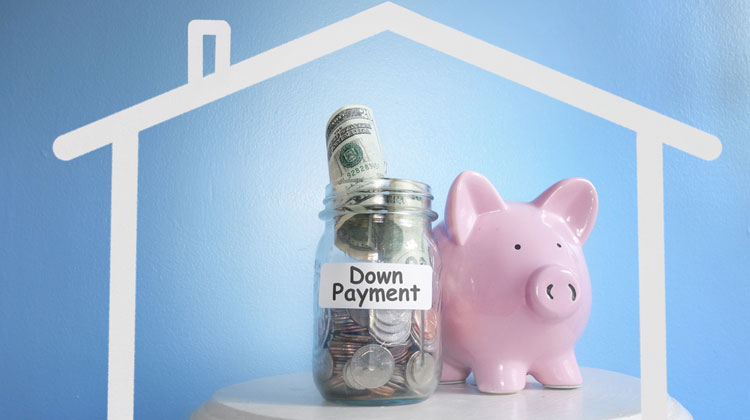 A competitive market, low inventory, andhigh-priced property can foster a whole host of financial calisthenics for first-time homebuyers. That doesn’t mean, however, that snagging that great first home is impossible. In fact, a few preparatory financial maneuvers early in the process can get you closer to that dream home than you think.
A competitive market, low inventory, andhigh-priced property can foster a whole host of financial calisthenics for first-time homebuyers. That doesn’t mean, however, that snagging that great first home is impossible. In fact, a few preparatory financial maneuvers early in the process can get you closer to that dream home than you think.
It’s best to speak to a lender before you even start looking for a home. A good lender will help you get a plan in place ahead of time. Your lender will help you understand how much you can afford, how much you need to save for a down payment and closing costs, and how to build or repair your credit. In addition, your lender can run a credit check to see if there are issues to address. This is extremely important, as credit report errors happen all the time and can affect loan approval.
It is helpful that you get your financial paperwork because a lender will need a variety of information from you. This should include pay stubs, your checking and savings account statements, retirement and mutual fund information, income tax forms, and tax returns. But it could include more, so be prepared.
One of the most important items you’ll get from your lender is a pre-approval letter that basically can tell a prospective seller that you can afford the property for which you’re making an offer. Ensure the pre-approval letter indicates the lender has not only checked credit, but also has verified income (W-2 or tax returns), assets, debts, and related financial information. In this market it’s crucial—particularly because homes often receive multiple offers—and sellers want to accept the strongest offer with the greatest assurance you will reach closing. Without that letter, a seller may assume you’re not a serious buyer.
Once you get a pre-approval letter, do not make any significant changes to your financial position. Lenders must determine where funds from large non-payroll deposits come from. (A multi-thousand-dollar deposit from a family member just weeks before an attempt at loan approval can raise some red flags.) In addition, don’t open or close any new credit cards or loans, and don’t make any large purchases or even large credit card payments. Any such changes can impact your credit and home loan options. If you do need to make changes or receive financial gifts, contact your lender to see how it might impact your loan application.
Regardless of when you’re looking for a home, it’s never too soon to ensure your financial house is in order. Most of it is common sense and not too complicated.
Pay your bills on time and limit personal debt, and you’ll have a strong foundation on which to build an offer on your first home and improve your chances of getting it.
©DC Region Real Estate
